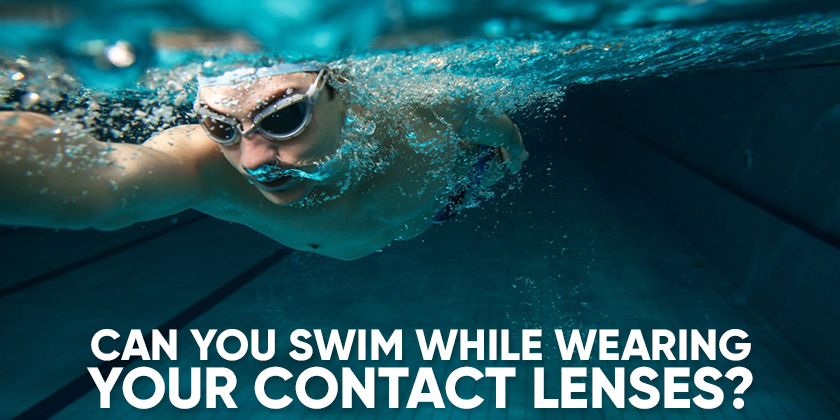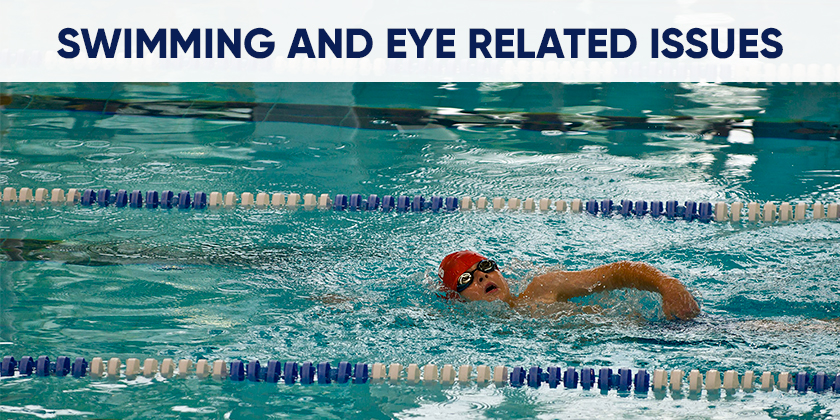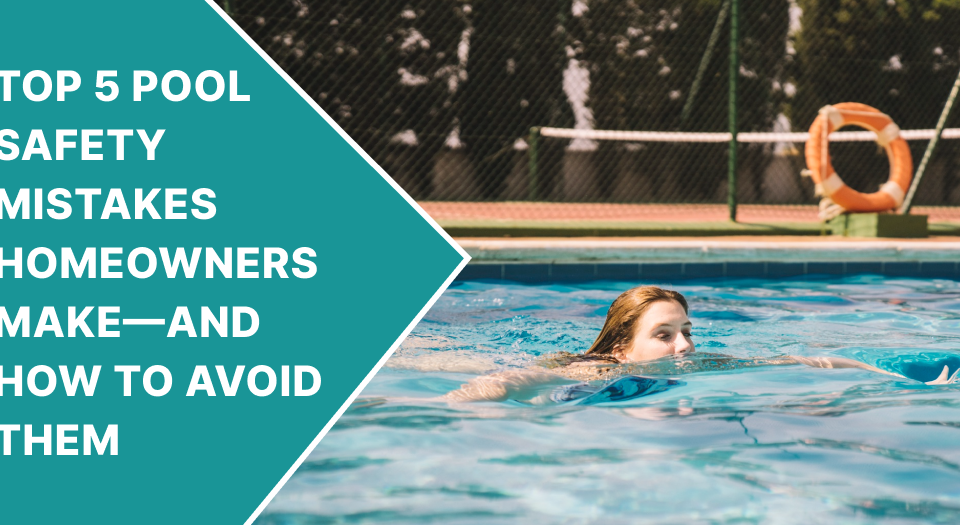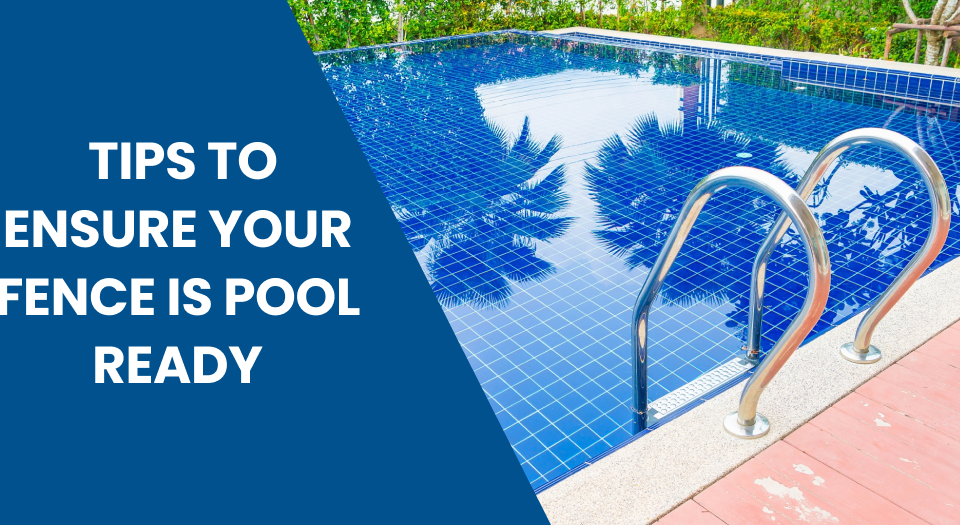
Can You Swim While Wearing Your Contact Lenses?
December 5, 2020
5 Hidden Pool Dangers You Must Know
January 25, 2021Swimming is a great exercise to tone your body and a relaxing way to cool down. However, many swimmers experience a burning and stinging sensation in their eyes immediately after swimming. Swimmer’s eye is the most common complaint from swimmers.
So how does swimming exactly affect your eyes and what can you do to prevent eye-related issues?
#1. Pool Chemicals and Your Eyes
Our eyes’ surface is coated with a chemically complex thin tear film. It keeps eyes clear, smooth, and moist. The harsh chemicals in the pool (used to keep the water clean) can wash away the tear film, leaving the surface of the eye unlubricated and exposed to other chemicals and bacteria in the pool. Chlorine itself can be a significant irritant to the eye, causing chemical conjunctivitis. It’s an inflammatory condition that causes redness, irritation, itching, and tearing in the eye.
#2. Dry Eye Syndrome
It is one of the most common eye disorders in Americans. In this condition, either the tear film’s baseline production is too low, the tear film is chemically unstable, or it evaporates too easily. Pool chemicals like chlorine can affect the stability of the tear film. It can cause faster evaporation and loss of the tear film layer from the eye, leading to thickening of the remaining tears and insufficient lubrication for the eye.
#3. Contact Lenses and Pool
Some swimmers with weak eyesight prefer to wear contact lenses while swimming to see correctly. Wearing contact lenses in the pool isn’t recommended at all. It’s because contact lenses can trap the bacteria and virus in your eyes, causing various eye health issues, including:
- Eye irritation
- Dry eye syndrome
- Eye inflammation, and more
#4. Swimming After Eye Surgery
These days, eye surgeries are minimally invasive and require minimal anesthesia during surgery. The surgical incision creates an artificial opening between the inside of the eye and the outside environment. Exposure to pool chemicals during the early period of closing and healing of eye incisions can lead to severe consequences like permanent vision loss. It would also be best to avoid wearing goggles in the early postoperative period as it may place higher pressure on surgical incisions and delay your healing process. Make sure to consult with your ophthalmologist whether it’s the right time to enter the pool or not.
How to prevent eye health issues?
Eye health is essential for everyone. If you’re an avid swimmer, make sure to wear protective swimming goggles to minimize risks. Protective goggles can help reduce exposure to these chemicals and protect tear film stability.
If you have dry eye syndrome, consult with your ophthalmologist and ask him to recommend any prescription teardrops. You can use these teardrops before wearing your swimming goggles. They add an extra layer of protection to the eyes and keep them well hydrated. However, if you still feel any irritation or redness in your eyes, get in touch with your ophthalmologist immediately.
If you want to know more about eye-related issues due to swimming, stay tuned to the Life Saver Poolfence blog!




